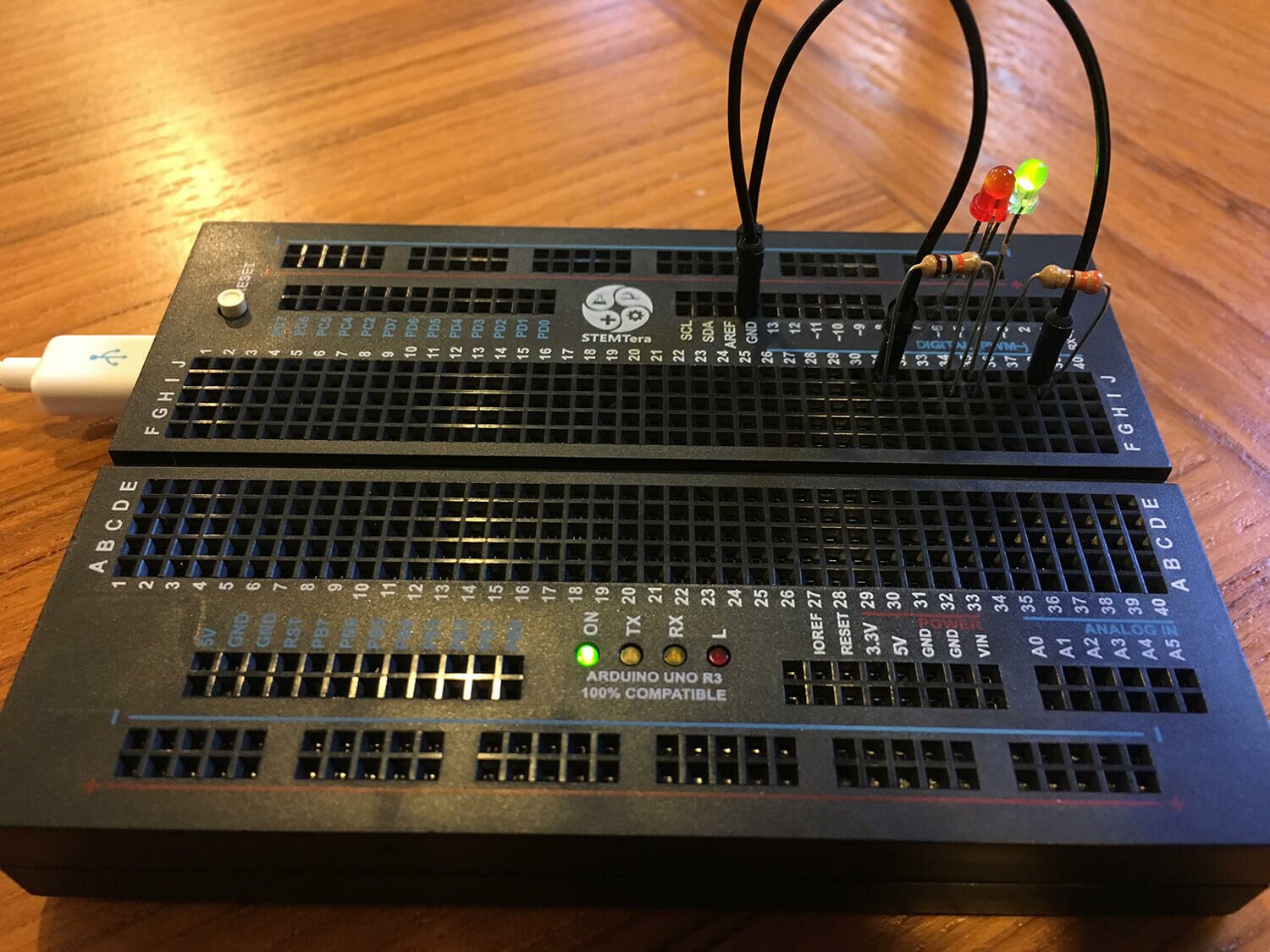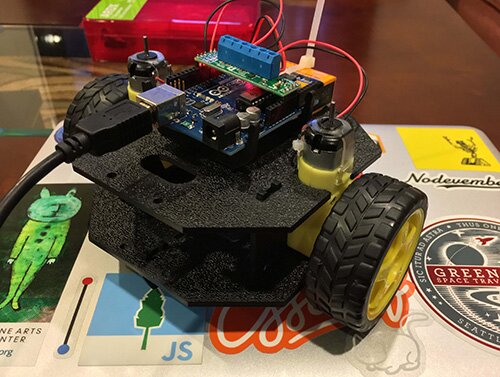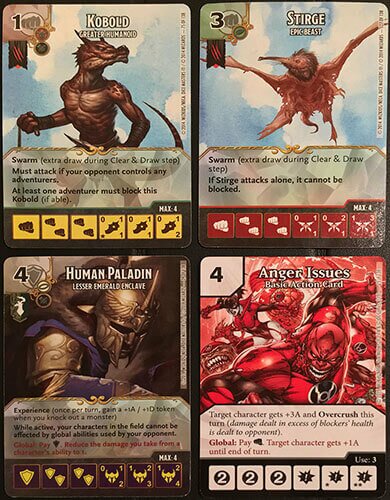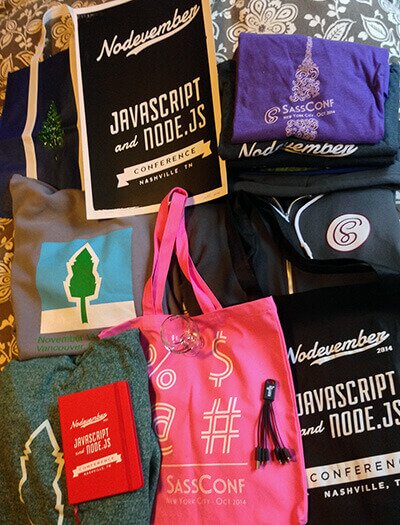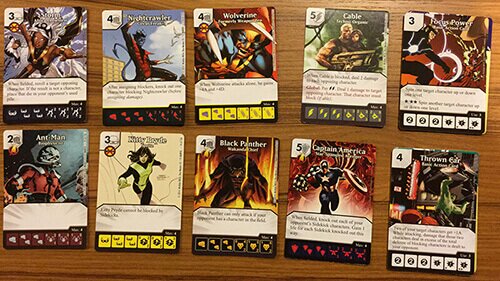What I'm Looking For in a Talk Proposal.
I'm curating CSS Day at this year, and earlier this month we finished our speaker selection process. Since I've evaluated hundreds and hundreds of proposals for CascadiaFest, I thought I'd share what I'm looking for when I evaluate a talk proposal. At CascadiaFest, our selection process is masked; we do most of the evaluation before revealing the identity of the person who wrote the proposal. (Though it's sometimes possible to guess who has submitted the talk.) Naturally these thoughts are only about my process, and do not represent any other curators or selection committee members.
-
Does the proposal give me a sense of what you'll actually be talking about on stage?
Screen writers are often told "If it ain't on the page, it's not on the screen." Films and plays often follow the advice to "show, don't tell". Once I watched an episode of "Next Food Network Star" (or something like that) and the experienced host gave this advice to the contestants: "Don't describe the food as 'delicious', 'yummy', or 'fantastic'. Use words with meaning like 'chocolaty', 'tender' or 'flaky'."
All of these ideas apply to writing talk proposals too. I'm not going to infer things that you haven't mentioned in your proposal. Don't tell me that you're an awesome speaker; show me with previous talks. Use words that are clear and descriptive.
Pretend your reviewer is on an international flight with no wi-fi, and can't look up "polymorphic". (True story.) No one should have to read 3 articles to understand the core concept of your talk - you should be explaining it.
-
Does the proposal convince me that you can pull this talk off? Does it demonstrate knowledge of (or passion for) the topic? Don't rely on a bunch of keywords and memes in your proposal; tell me about your history with the topic, or the insights that you've had.
Can you expand on the techniques you intend to discuss? How will your solutions stand out from others in the same space? If your proposal asks some questions, include some answers to those questions to demonstrate that you've got a useful perspective on the topic.
-
Does the talk proposal boil down to "Getting Started with XYZ" where XYZ is some framework or tool? These talks have their place, but I'm really not a fan of them. I look at how relevant your talk will be to people who are not using that framework, because the majority of the audience at CascadiaFest is not using your favorite framework.
-
Use your very best written English. Organizers often see that the care taken in writing the proposal reflects the care taken in preparing for the talk. Get someone else to proofread your proposal - buy dinner for your friend with the snootiest grammar sensibilities, or exchange proofreading duties with someone else submitting a talk. Proofreading your own talk is just as difficult as security-testing your own software.
Permalink
Tags: cascadiafest cascadiajs conferences organizing speaking
